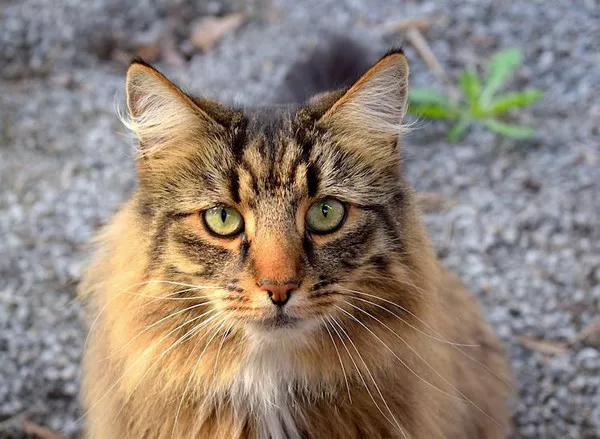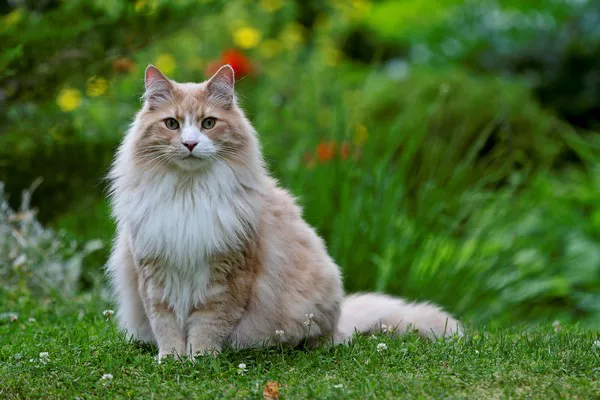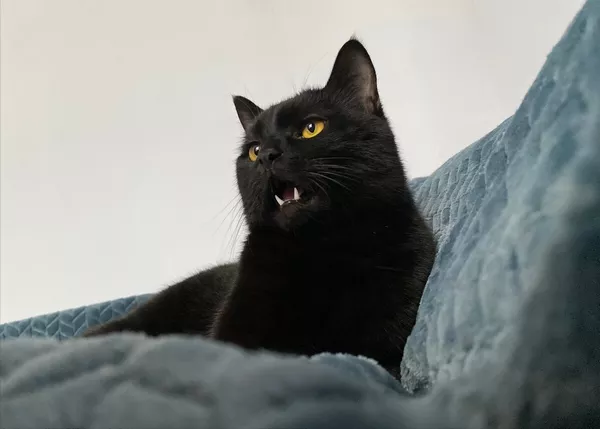In a groundbreaking legal development, a criminal court in Lille, France, has awarded damages to a cat, marking the first instance of such a decision in the country. Lanna, a one-year-old cat, was tragically found dead in a rubbish bin in Lille in July 2023, leading to a case of animal cruelty that has captured national attention.
The unprecedented ruling was announced by the Lille Criminal Court last Thursday, sparking commendation from animal lawyers and rights groups. However, it has also stirred debate about the legal implications of treating an animal as if it were a person.
Lanna’s owner confessed to brutally beating the cat to death with fists and wooden slats after the animal reportedly scratched the man’s autistic child. The case, heard as ‘acts of cruelty towards an animal,’ resulted in the owner being sentenced to eight months in prison and prohibited from keeping pets.
Notably, the court took a historic step by awarding €100 in damages to Lanna, marking a significant milestone in France’s legal history. The symbolic compensation will be paid to the Animal Protection League (LPA) of northern France, a civil party in the case.
Graziella Dode, a lawyer representing the LPA, expressed satisfaction with the outcome, stating on Instagram, “For the first time in France, the animal’s harm has been recognized and symbolically compensated.” She sees the decision as a positive stride toward the evolution of animal rights.
However, the ruling has elicited mixed reactions, with Jacques-Charles Fombonne, president of France’s Society for the Protection of Animals (SPA), expressing both happiness and reservations. While pleased that the decision reflects consideration for the status of animals, Fombonne questioned the legal basis for the ruling and voiced concerns about potential reactions from the Constitutional Council.
Professor Fabien Marchadier, a law expert from the University of Poitiers, also questioned the rationale behind the court’s decision. He argued that the symbolic compensation implies viewing the animal as a person, raising broader questions about practices such as breeding or medical experimentation on animals.
























